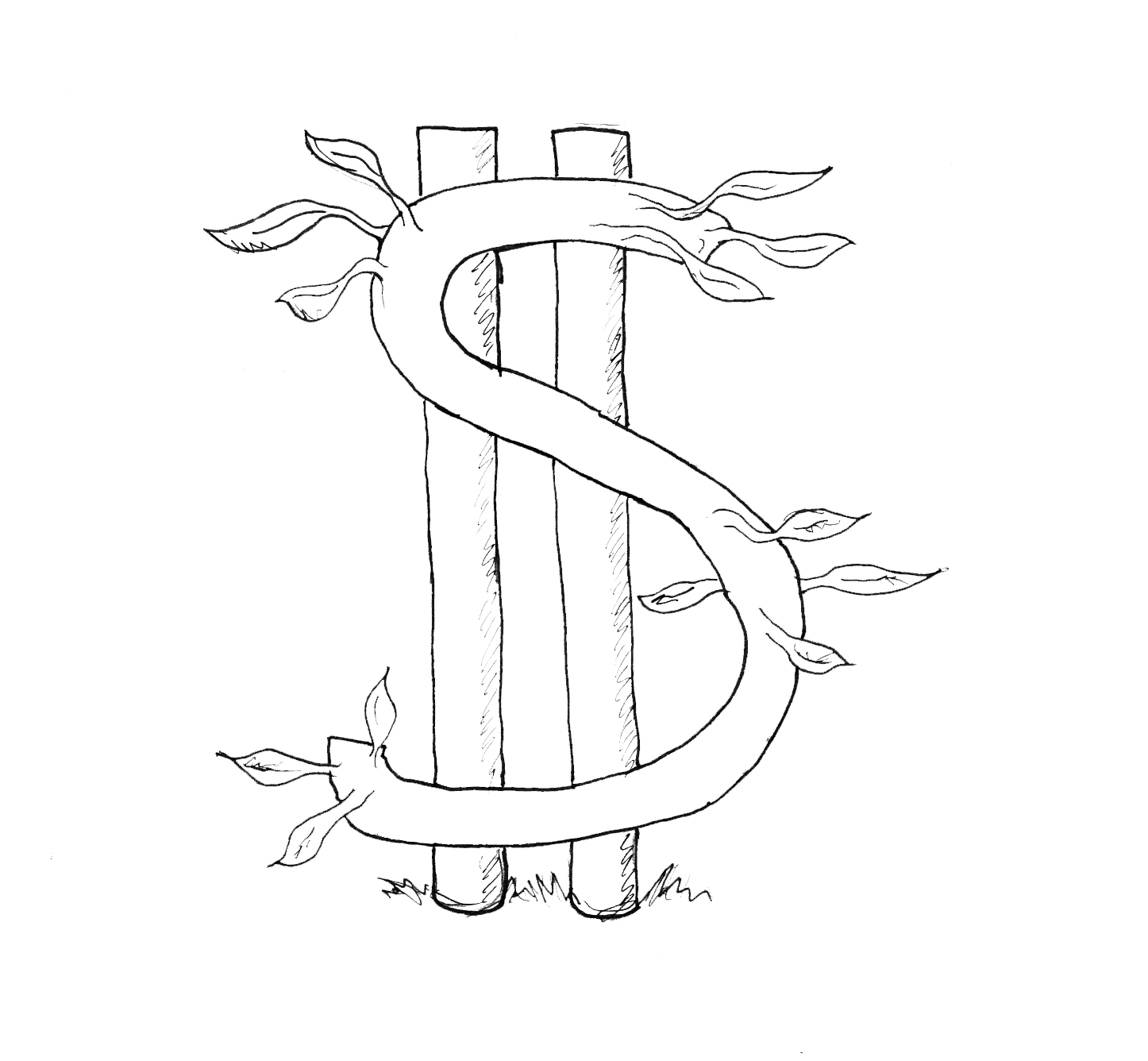
Courtesy of Hannah Bazarian.
Capitalism is all too often the scapegoat for modern environmental perils, from pollution to species extinction and all too often climate change. Surely nothing as insensitive as the free market can handle the fragility of our environment? At least, that’s often the argument against free-market environmentalism.
When reality kicks in though, politics and interest groups often pull policies in the wrong direction. Even when disregarding political interests, good intentions don’t always end up as expected; more often than not, good intentions lead to much worse outcomes.
Take the Clean Air Act of 1977, for example. Rather than allowing coal-fired power stations to use low-sulfur western coal, the amendment forced plants to install scrubber systems, which cost more to operate, let alone purchase. In essence, lowering sulfur-dioxide emissions could have been done at a lower cost (for consumers and producers) through the use of western low-sulfur coal, but interest groups of “dirtier” eastern coal producers pulled legislation their way, just so they wouldn’t lose their jobs.
As well as the push and pull of political interests, environmental regulation per se hasn’t proven to be effective. The Superfund was created in 1980 to quickly clean up dangerous waste sites, following the Love Canal incident. Ultimately, political variables chose which sites were to be cleaned up and, because of ridiculous standards, a study by the AEI-Brookings Joint Center for Regulatory Studies found the average cost per case of cancer averted at an individual site to be $11.7 billion.
Failed regulations don’t end there. The Magnuson–Stevens Fishery Conservation and Management Act, the Endangered Species Act and corn ethanol subsidies, to name a few, add to the pile of regulations gone wrong.
Environmental issues are without a doubt complicated problems and approaching it as a central planner never works. Friedrich Hayek’s “The Use of Knowledge in Society” is fitting. Environmental issues, like economic puzzles, “is a problem of the utilization of knowledge which is not given to anyone in its totality.” Indeed, it is the miracle of market order and the role of prices which capture thousands of pieces of information together that ought be integral in the minds of environmentalists. Subsidizing, taxing and regulating skews incentives and ruins good intentions.
Cooperation of industry and the interests of environmental advocates is certainly achievable as long as bureaucracy and government affairs stay out of market order. I invite you to look into the Audubon Society’s Paul J. Rainey Wildlife Sanctuary — hardly the case of industry exploitation. Although it is not the concern of federal government to meddle in market affairs, government does have a role in protecting private property and upholding the rule of law, all of which are vital in effective environmental protection.
True environmentalists are those who can appreciate the merits of the free market in combating the most complicated of issues.
True environmentalists are those who can appreciate the fact that wealth creation and entrepreneurship leads to a healthier environment.
Above all, true environmentalists are those who can respect the protection of private property, the rule of law and individual liberty.
Yuwono is a member of the class of 2014.





